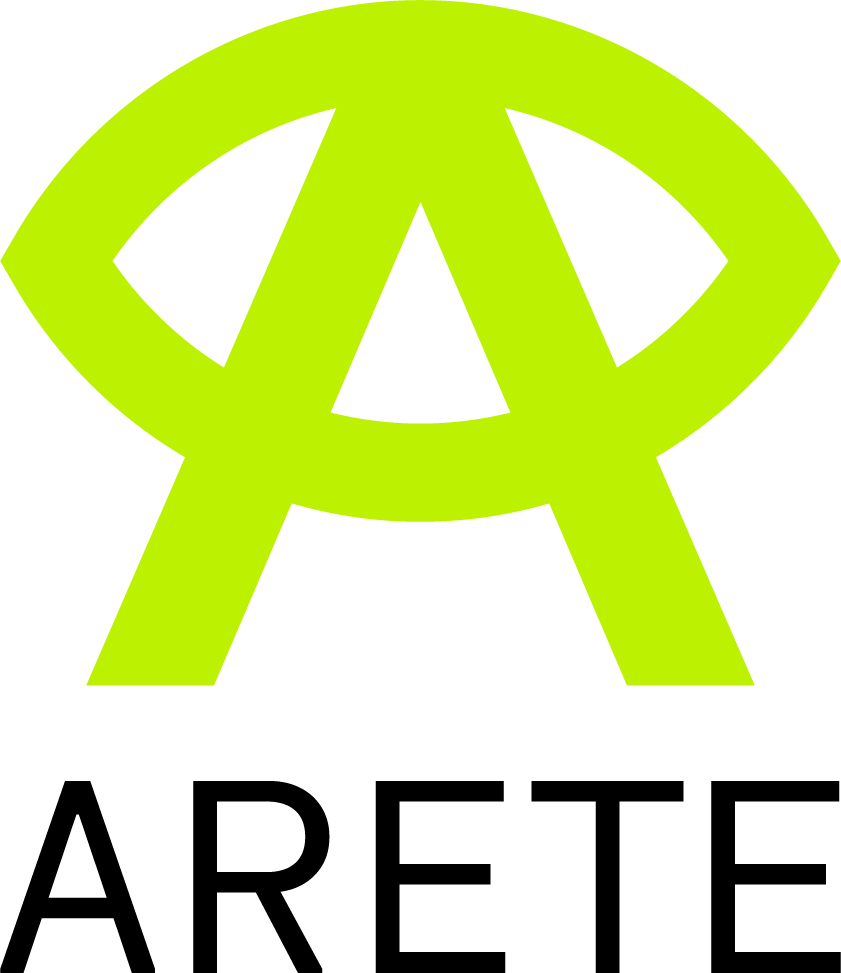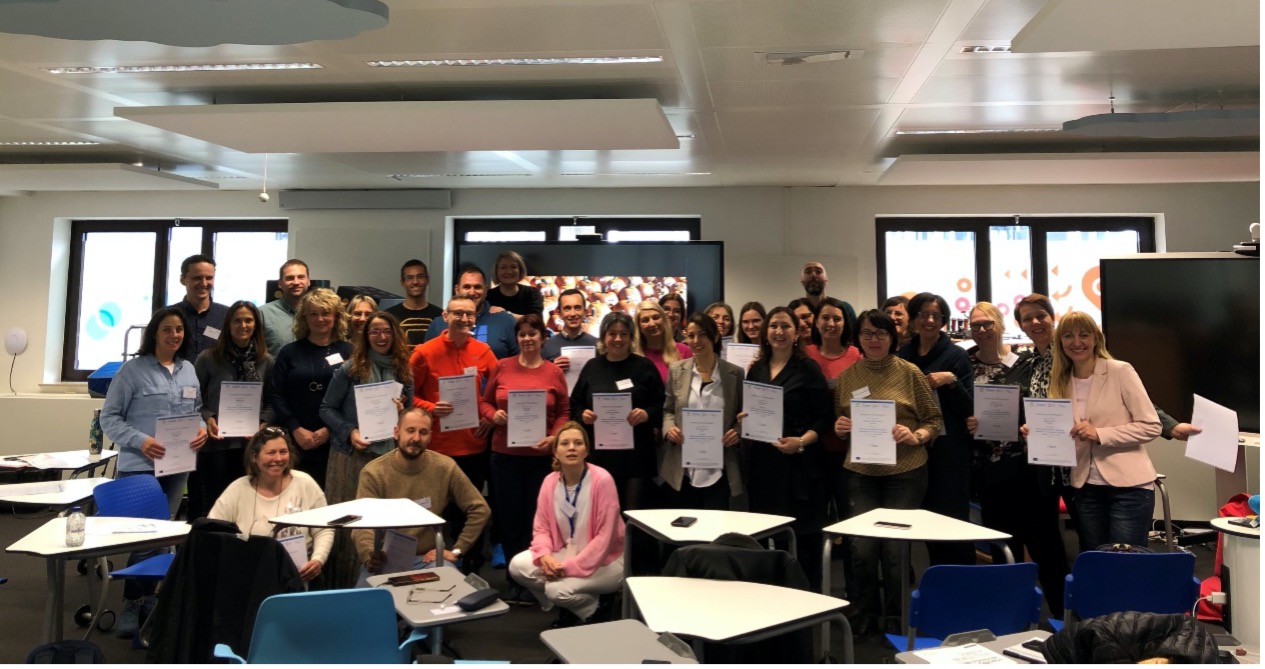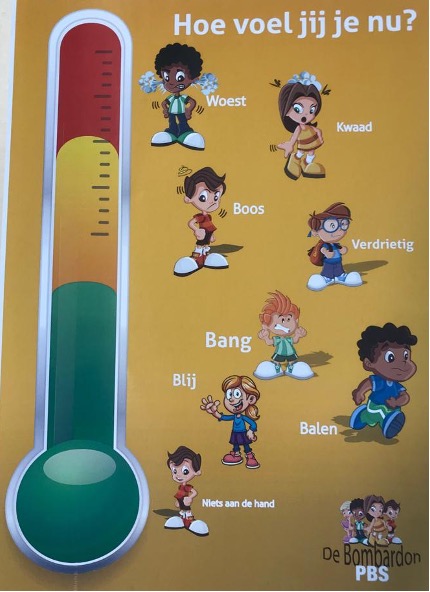The importance of teachers‘ perspectives in research on AR in education
Within the ARETE project the recruitment process for Teacher Coordinators has started since the beginning of this month. The calls for Teacher Coordinators in the ARETE Pilots 1 & 2 are open until 5 November and can be viewed here:
For pilot 1: http://bit.ly/ARETE-pilot-1
For pilot 2: http://bit.ly/ARETE-pilot-2
Against this background it is worthwhile to reconsider why the teachers‘ perspective matters so much within the ARETE reseach.
In recent years, a growing number of studies on Augmented Reality in educational contexts have shown that its use in the classroom has a positive impact on the learning success and motivation of students (Bacca et al. 2014, Radu 2014). Since the primary school context is comparatively underrepresented within this body of research, the ARETE pilots also focus on the question of the effect of the respective AR app on the learning gain of the pupils, taking into account the motivation and perception of the children. As Garzón et al (2020) argue, many studies to date don't consider the extent to which educational approaches influence the success of AR in the classroom "somehow ignoring that the success of an intervention depends not only on the technical characteristics of the technology but also on the pedagogical strategies to implement them" (ibid.).
The pedagogical approaches as well as the observations and experiences of the pilot teachers are collected in ARETE before the beginning and after the respective intervention period through qualitative surveys and semi-structured interviews with teacher coordinators and represent an essential pillar within the research design. Due to the close fit between pedagogical implications and the professional feedback of teachers on the one hand, and the learning outcomes and motivations of students on the other hand in ARETE evaluation research, primary school teachers will again be important recipients of our results.
References:
Bacca, J., Baldiris, S., Fabregat, R., & Graf, S. (2014). Augmented reality trends in education: a systematic review of research and applications.
Garzón, J., Baldiris, S., Gutiérrez, J., & Pavón, J. (2020). How do pedagogical approaches affect the impact of augmented reality on education? A meta-analysis and research synthesis. Educational Research Review, 100334.
Radu, I. (2014). Augmented reality in education: a meta-review and cross-media analysis. Personal and Ubiquitous Computing, 18(6), 1533-1543.



